|
Even if you’re excellent at managing your money, you may still struggle to pay your bills or your debts at some point during your life, especially if you become unemployed.
Money worries can impact your mental health and wellness - and your worries may range from meeting your housing and food needs to being able to maintain a standard of living and education for your children. This post shares 4 things to consider if you feel like your finances are impacting your mental health.
0 Comments
Mental health isn't just whether you feel depressed or too stressed - it is your overall emotional, psychological, and social well-being. Optimizing and managing mental health an integral part of a comprehensive health strategy, and your mental health impacts how people think, feel, act, handle stress, relate to others, and make decisions.
Optimal mental health is not just the absence of a diagnosable mental disorders but includes factors like:
Your mental health has a significant impact on your life. Let's take a look at some strategies you can deploy in this new year to steer your own mental health in the direction you need it to go. It’s important to know the facts when it comes to keeping your heart healthy. Below are 5 topics that are important to know about regarding your heart health.
Your current wellness plan may include goals for eating well, moving more, as well as self-care measures aimed at your mental health. But what about travel? Is travel something that usually induces stress for you?
In this post, I'll outline 5 benefits of travel, but also highlight how you can reap these benefits from activities closer to home. Your hands are more important than you might realize. Many of us experience problems with dry hands, ragged cuticles, or weak nails, but we may brush it off as a lousy habit, that we don't have the time, or that we don't know what to do. There are many things you can do to protect your hands and keep them healthy.
Life can feel busy for a number of reasons, from a busy time at work, to caregiving for both children and parents. But, if most of your energy is focused outwards, you likely have a difficult time finding time to focus on you. If you've experienced unusually high levels of fatigue, "surprise" emotional outbursts or relationship difficulties, you may want to take stock of your current wellness and see what could improve.
Today's blog post provides 5 areas you can think about when focusing on yourself. While the calendar and box stores may be telling us that summer is coming to a close and pumpkin-spice season is around the corner, the weather says something different. While these cool spins on traditional comfort foods can be enjoyed year-round, you may particularly enjoy making them with your outdoor grill or eating them outside on a summer evening. Not all comfort food is "unhealthy", but like many other recipes, there may be room to swap saturated fats for healthy fats, increase fiber using vegetables, and reduce sodium by making sauces at home instead of buying them at the store - thus making them "healthier". grilled veggie tacos with whole-grain tortillasTacos are amazing in their versatility and explosive flavors. They typically featuring a protein like beef, chicken, or fish, sauces like salsa or cream sauce, and vegetables and cheese. I think the most controversial choice among tacos is tortilla choice! Hard corn tacos, soft corn tacos, or flour? Which one reigns supreme in your household?
You can increase the fresh flavor, antioxidant, and fiber content of your weekly taco night by adding more vegetables to your tacos. Whether you choose to swap the protein for marinated portobello mushrooms or grilled peppers, or add onions, tomatoes, zucchini, corn, or avocado as toppings, you can enjoy something a little different without forgoing your favorite summer staple. Working out has more benefits than just strength and endurance. It can be a boon to your mental health and feeling of social connection, too! There are so many ways to work out both by yourself or with a group of friends or new people.
Health is wealth, they say, and it could not be more accurate. Unfortunately, in our day-to-day lives, we juggle a lot of things and may put our health on the back burner.
Sometimes it feels like there isn't enough time in the day to accomplish everything on your to-do list, let alone prioritize yourself. This blog post will discuss some of the leading health issues that people, including families, face and offer some tips on how to deal with them. Many of us set New Year's resolutions around our health and wellness. Take the time to reflect on your goals from last year, your life right now - what is going well and what you want to work on - and make a plan. This post includes 5 areas for you to consider in your wellness plan.
We all have days when we don’t feel our best. Maybe you're going through a rough patch at work, feeling insecure in your relationships, or can't put a finger on exactly what's got you down. Whatever the case may be, there are certain things you can do to give yourself a much-needed confidence boost.
Photo by Becca Tapert on Unsplash
Whether you're interested in updating your physical image or work on some of your behaviors (or a combination), this post has some tips to tackle that task.
How do people see you now? How does that compare to how you want to be seen? Do you have a habit of interrupting people? Are your friends' bad habits rubbing off on you? Finding out about a company's wellness program is a great question to ask during your job interviews. You may think of corporate wellness as focused only on physical health, but it can also include mental health components and professional development. Just as you ask about a typical day or week in your new role to learn more about a company's culture, ask about their wellness program to find out how they prioritize their employees wellbeing.
Spending time outdoors as a family is a great way to not only spend quality time but also get moving. With plenty of sunscreen in the summer and bundled up in the winter, spending time in nature is associated with improved mental health. Check out today's post for a list of activities for families to do together outside.
Do you feel like it's time you focused a bit more on your health and wellbeing? Get inspiration for lifestyle changes in this post with 5 ways to jump on board the wellness train.
Photo by Jason Briscoe on Unsplash
Prioritizing family time is a great way to combat the inundation of commercials and social media messages that promote unhealthy foods, sedentary lifestyles, and risky behaviors. Family time is also an opportunity to teach children about healthy eating and cooking, demonstrate the importance of physical activity, and help them grow up with healthy relationships with food, health, and weight.
Keep reading for 3 tips and some book recommendations from me, a registered dietitian and PhD.
An active lifestyle is recommended over and over again for both physical and mental wellbeing. But going about it in a haphazard way can lead to injuries like sprains, strains, and more serious injuries.
This post will talk about several ways you can prevent or reduce your risk of injury when exercising.
Photo by Alexandra Tran on Unsplash
Your mouth is home to millions of good and bad bacteria. Some are important for your health and immune system, while others (if left unchecked) can wreak havoc on your oral health, increasing not only the risk of gum disease (gingivitis) and tooth decay, but also heart disease and diabetes.
Read today's post for 5 reasons why you should prioritize your oral health.
Don't be discouraged by the title above saying "exercise" - whether you call it exercise, physical activity, or moving your body - engaging in something that gets your muscles moving and stretching, gets you away from the computer, and raises your heart rate a bit, is important for both your physical and mental health.
In this post, I'll share several reminders on how. Our health and wellness may wax and wane through the cycles of life, but don't let a focus on yourself rest on the back burner for too long.
Today's post highlights 3 signs that you may want to prioritize checking up on your health and wellness and ensure you're taking proper care of yourself. While these signs may be inconspicuous and turn out to be "nothing", they may be indicators of something else going on OR they may be problems that are best addressed earlier than later, before they develop into something more serious. If you are someone who lives with chronic pain, you know how challenging it can be to find a healthcare practitioner who understands your condition, exhausting to manage care from multiple providers and dealing with insurance, and expensive to get the medications you need and the specialists who can help. It's no surprise that 79% of chronic pain patients feel unsatisfied with their care. This post presents 4 tips for navigating the US healthcare system as a person living with chronic pain. I know that everyone is different, and everyone faces their own challenges, so view these tips as a starting point for your own situation. Disclaimer: Living with chronic pain is exhausting. I speak from firsthand experience. Learning about your condition, managing doctor appointments and medications, and advocating for yourself is exhausting too, even if you weren't living with chronic pain. Know that in this post when I make a suggestion for "you" to do something, I am referring to you and your support system. I am also not saying that you need to do all of these things (or any of them!). My hope is that this post sparks some ideas in your mind about your own next steps.
There are many challenges to eating healthy on a regular basis (aka making healthy eating a lifestyle, rather than running through a cycle of fad diets). These challenges include time, cost, and boredom.
It takes time to shop for ingredients, find recipes, prep and cook meals at home, and time to think about what you're going to eat. Cost can be an up or down variable - healthy ingredients may cost more than less healthy ingredients when you are cooking but cooking at home typically costs less than eating out. Lastly, boredom! If you don't have a variety of healthy recipes to choose from, you may get bored with the same meals over and over again - like baked chicken, rice, and vegetables. In today's post, I have 6 tips that help you address all 3 of these challenges. Substance abuse disorders, including alcohol misuse and drug abuse, can affect your life in many ways - from causing trouble in your personal life, affecting your work or school life, affecting how you think and feel, as well as affecting your physical health and socioeconomic circumstances. There is a spectrum to alcohol misuse with dependence/addiction representing only the most extreme end of the spectrum. Alcohol misuse is a level of alcohol consumption that increases the risk of adverse health and social consequences and is defined by the CDC as more than 1 drink a day for women or more than 2 drinks a day for men, on average. Binge drinking is defined as 4 or more drinks on one occasion (women) or 5 or more drinks on one occasion (men). Alcohol dependence or addiction is a chronic disease, and is associated with loss of control, alcohol tolerance, and experiencing withdrawal symptoms when forgoing alcohol.
Since the start of the COVID-19 pandemic, many of us have taken to working out from home - whether due to gym closures, or a lack of commute that takes us by our gym. Having a home workout routine that works for you is a great way to stay active, even as gyms re-open. Even as you get back to your "normal" workout routines, home workouts are great for when it's too cold outside for your run, or when you're traveling with only your hotel room as a gym.
Photo by Jonathan Borba on Unsplash
*This post contains affiliate links. By purchasing products through the link in my post, I get a small portion of the proceeds which helps support me to continue writing this blog.
If you feel like the best words to describe your life lately is IN A RUSH then this post is for you. You're busy with meetings, paperwork, taxes, appointments - and all of those little things that seem to pop up every week.
When life throws too much at you, how do you adjust so you can handle it? Unfortunately, we often sacrifice our health and wellness to meet that deadline or answer that last email, whether it's skipping a morning workout to have more time to study or eating lunch at your desk while you work on a presentation.
Photo by Vitalii Pavlyshynets on Unsplash
|
a blog about health, wellness, nutrition, and fitness from an epidemiologist / dietitian with personal trainer experience
Stay up to date on productivity tips and active learning techniques
Like what you read?
categories
All
|

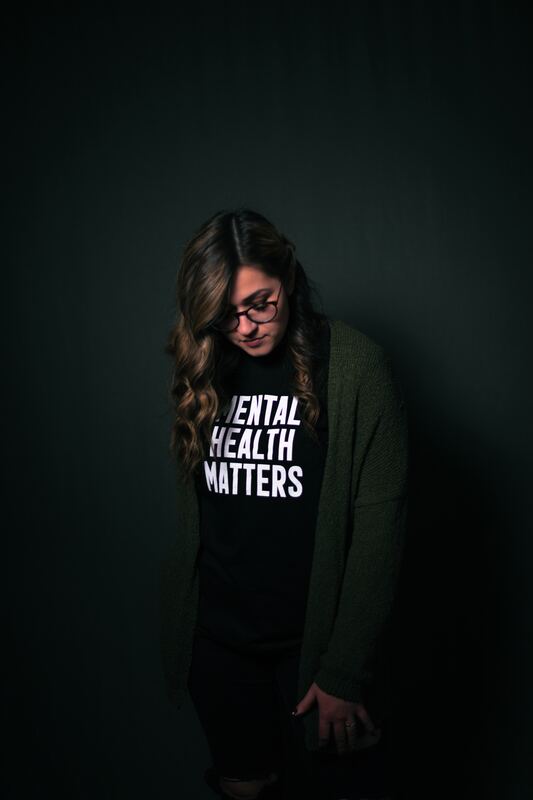
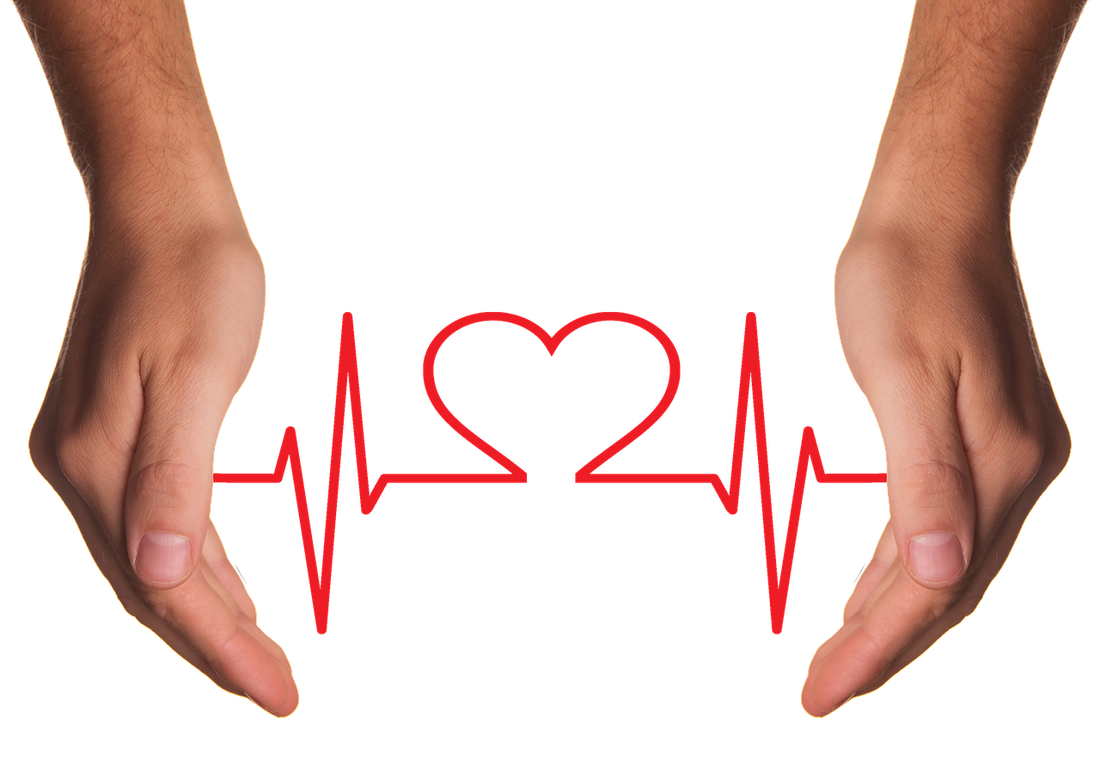
















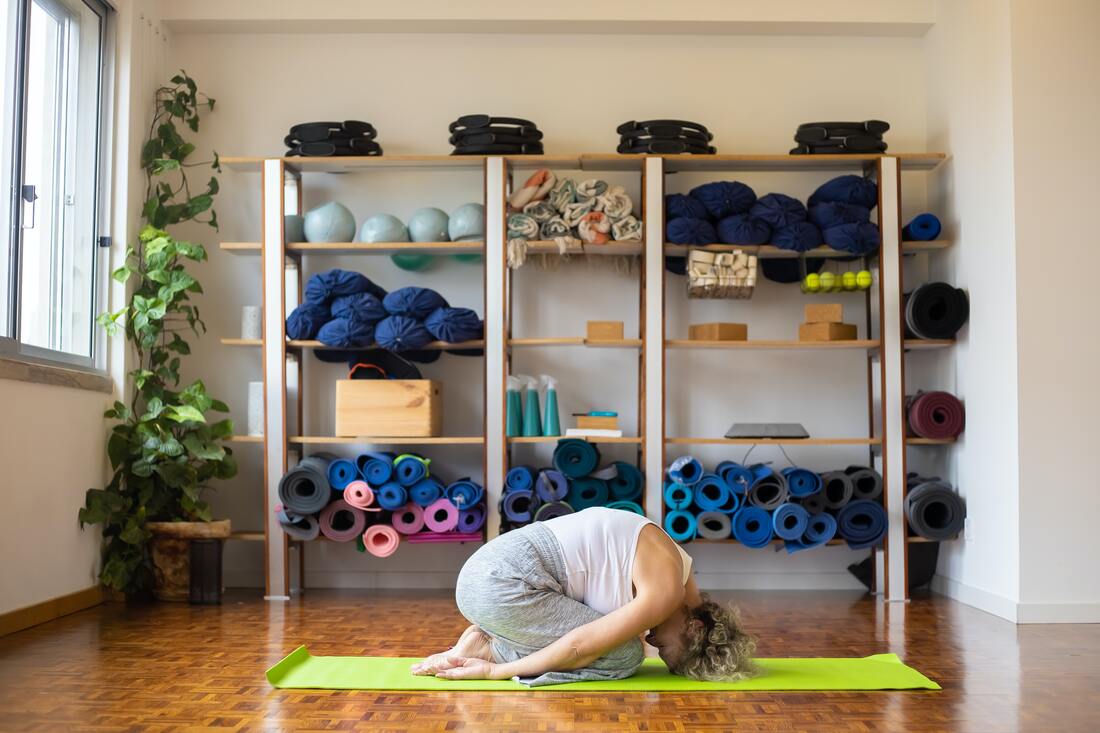

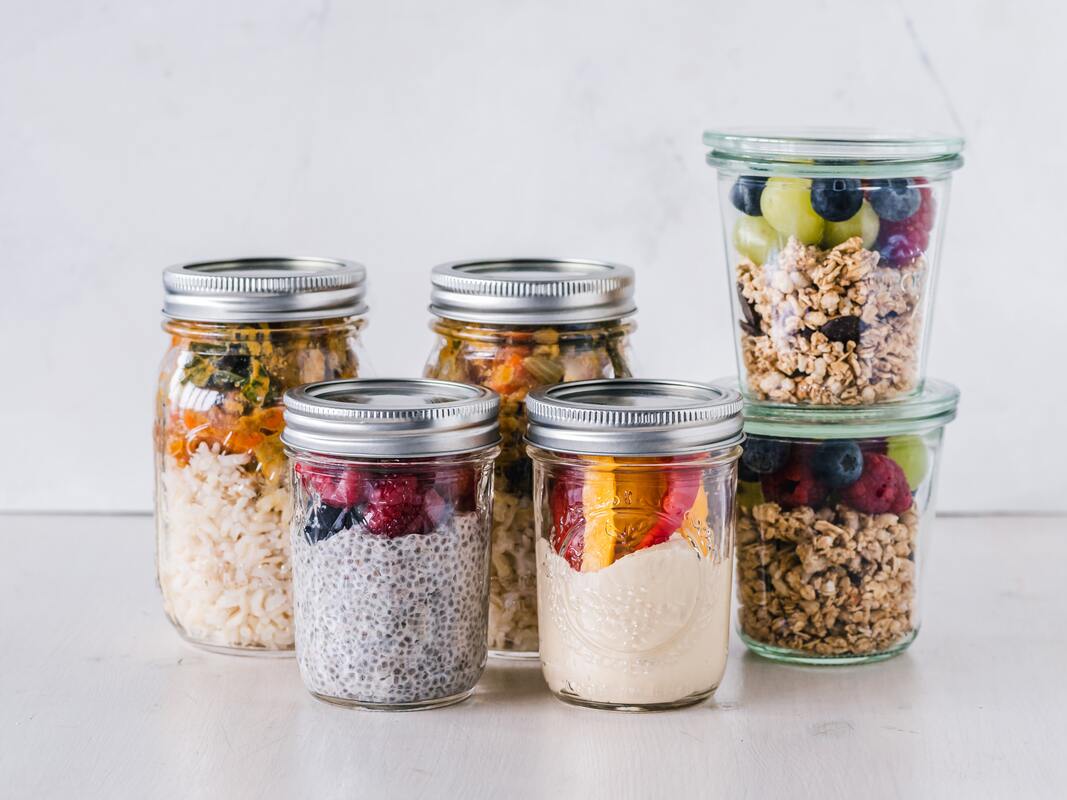

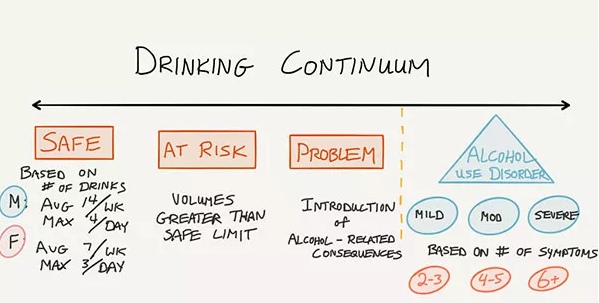


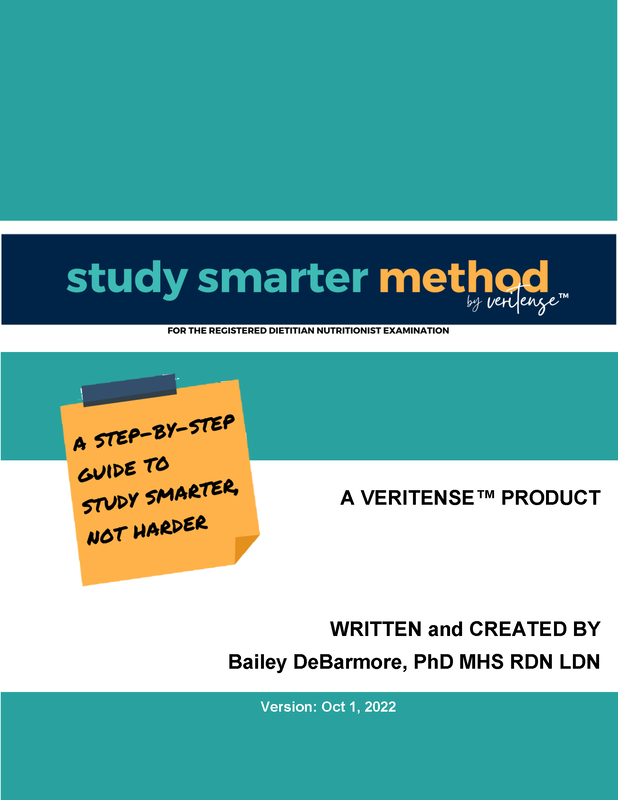

_250px.png)



 RSS Feed
RSS Feed
